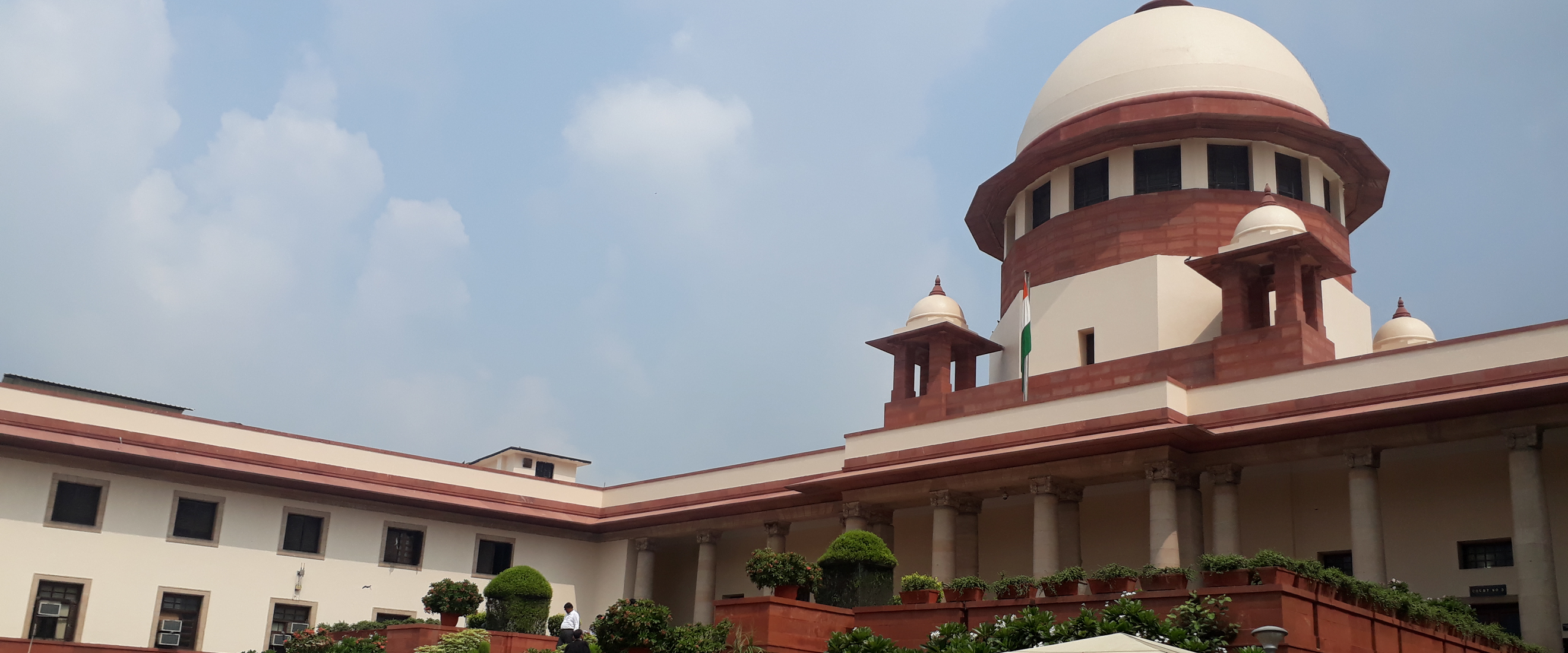Analysis
Ayodhya: Role of The Supreme Court
The Court has continued to manage the conflict by directing the case to come up as a title dispute, a narrow legal facet of the case

The Supreme Court is all set to hear the Babri Masjid-Ram Janambhoomi matter Thursday. The 130-year old title dispute poses a slightly counter-intuitive idea: perhaps justice delayed isn’t always justice denied. Could delay be a containment strategy in a highly volatile matter such as this one?
The top court is often lauded for its counter-majoritarian role and as defender of civil liberties, but seldom is it commended for acting as a ‘safety valve’ in intractable disputes such as this one. We underestimate the crucial role it has played in managing the fallout from the Babri demolition, often recalled as the second partition of India, which sparked communal riots across India with reported deaths of over 1,000 people.
The Supreme Court, by directing the case to come up as a title dispute, which is a narrow legal facet of this case, has thus continued to manage the conflict. Polarising groups have shown restraint as the matter is ‘sub-judice’, and political groups invested in polarising have kept their discourse in check so as to not upset the court. The court’s strategy, it appears, was that either the matter will fade from public consciousness or the political discourse will address it. However, this strategy has run its course and it is now before the Supreme Court (Read more)
